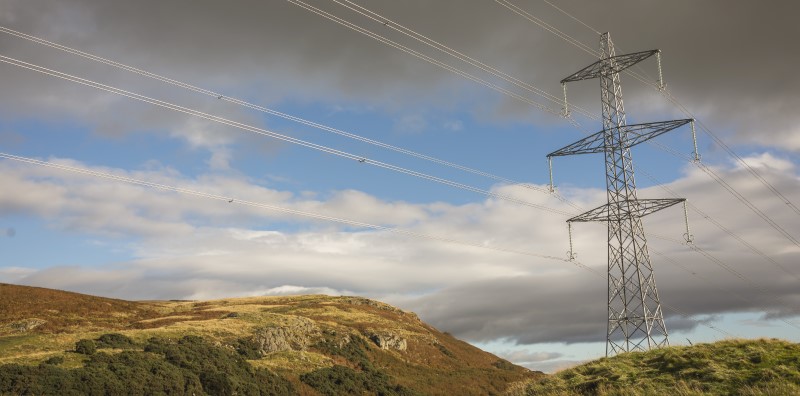Our Business Plans need to take account of a number of complex current and future demands. Given how quickly the energy sector is changing, technological advancements and political uncertainties, we also need to ensure that we are adaptable to change, in case the future energy system turns out differently to what we've planned for. Like all network operators in Great Britain, the cost associated with our activity and service provision is shared across all electricity bill payers as a percentage of their energy bills. This cost sharing stays the same no matter the energy supplier or network area an individual or business belong to. As electricity bill payers, therefore it is important that we all feel able to have our say when it comes to planning for the future via RIIO-2 and RIIO-3.

Great Britain’s long-standing electricity networks have served the needs of the country for many decades but there is a rapid need to address the CO2 emissions associated with traditional fuels like coal which have been used to power them. Renewable sources of electricity create new challenges however; the wind doesn’t always blow when, or indeed where, the electricity is needed.
Unlike traditional fuel sources such as coal, gas or nuclear, renewable energy is also more difficult to store for later-use or times of high demand. To do so involves incorporating additional technologies such as chemical storage options (like using batteries) creating other energy vectors (such as generating hydrogen) engineering solutions (such as dams and pump-storage facilities) or smart, software solutions (such as demand side response technologies or local supply matching). All of these additional technologies are at varying stages of development and uptake and of course have associated costs and innovation investment risks. Whilst it's our role to facilitate the network of the future, we always put our end-users (homes and businesses around GB) at the heart of what we do. We must therefore prepare for the future without dramatically impacting costs to the consumer.
Adding more renewable generation also represents a fundamental change in the way electricity will be generated and supplied. The GB energy supply mix is diversifying from large-scale coal and nuclear power plants, serving the needs of thousands of customers, to a variety regional and small-scale generators positioned all around GB who may also be making use of a smart technologies to supply their electricity to users in their local areas.

As well as changes in generation, our business also needs to take account of changes in the demand for electricity. For example, a large increase in the number of electric vehicles on the road will impact how the network is used and potentially change times of peak demand as drivers simultaneously plug in their vehicles overnight. We're increasingly taking on new and fundamental roles in sectors like transport and heat as these industries look to reduce greenhouse gas emissions through electrification of vehicles or electric space heating.
Our Business Plans must incorporate all of these changes whilst still maintaining a safe and secure supply. With our decades of experience and service provision to date, we are confident that we can prepare for the future but we also know that it requires effective collaboration across the entire energy system as well as the input of our broader customers and stakeholders to facilitate a transitioning energy sector and the shift to a whole systems approach.